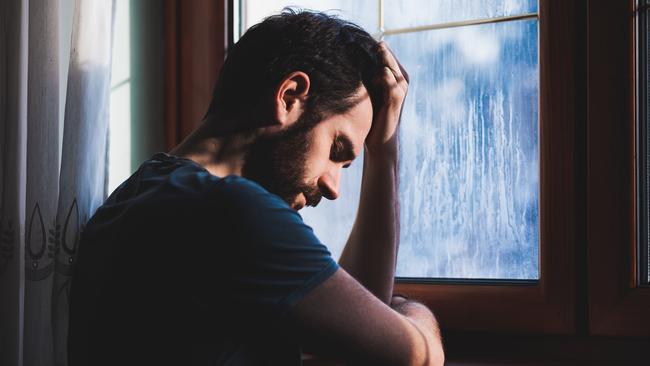Rita Panahi: Real cost of pandemic more than virus death toll
There’s a very real toll that financial stress, joblessness and poverty can have on individuals and families – and the consequences can include death. And this cost of human life must be addressed immediately, writes Rita Panahi.

Rita Panahi
Don't miss out on the headlines from Rita Panahi. Followed categories will be added to My News.
The human cost of this pandemic is not confined to lives lost directly to coronavirus.
Simplistic arguments about lives vs the economy betray an ignorance of the real toll that financial stress, joblessness and poverty can have on individuals and families. The consequences of that hardship can include death.
Australia’s top mental health experts have warned that the economic and social effects of the pandemic will lead to a dramatic increase in suicides that will outnumber deaths caused by coronavirus.
Modelling by the University of Sydney’s Brain and Mind Centre, released in May, predicts an additional 750 to 1500 deaths annually on top of the 3000-plus Australian lives lost to suicide every year. Those advocating for ever greater restrictions would do well to consider the unintended consequences of economy-destroying policies.
In Australia, the COVID-19 death toll stands at 126, including three deaths announced on Tuesday. The median age of coronavirus deaths is about 80.
When a nursing home patient with a number of comorbidities dies from COVID-19, it leads the news, but there is no such coverage of the dozens of Australian lives lost each week to suicide.

On average, nine Australians a day take their own lives with suicide the leading cause of death for Australians aged between 15 and 44. These tragedies rarely receive media coverage and there remains a school of thought that even talking about suicide is detrimental, but that is a view not shared by internationally renowned researcher in clinical psychiatry and head of the Brain and Mind Centre, Ian Hickie.
“Many have retreated to the discredited approach that open discussion undermines hope or generates a self-fulfilling prophecy,” he wrote recently. He has warned that “suicide rates go up dramatically in recession” and often hurt young people the most.
Leading child psychologist Dr Michael Carr-Gregg says key developmental tasks such as maintaining positive peer relationships and identity formation are being obstructed in varying degrees by COVID-19 and especially the closure of schools.
We won’t know the full impact of COVID-19 on the suicide rate for several years, given the economic effects will continue after the pandemic and due to a lag time of up to two years for complete suicide statistics. But it’s a toll we desperately need to address now.
— Rita Panahi is a Herald Sun columnist

